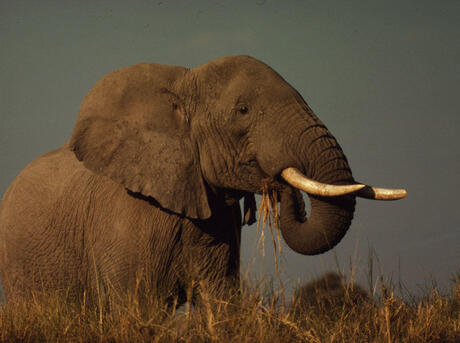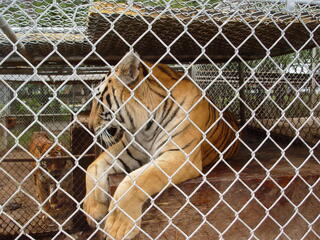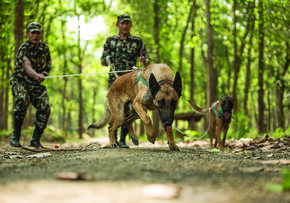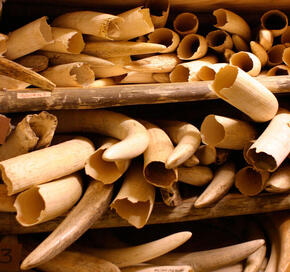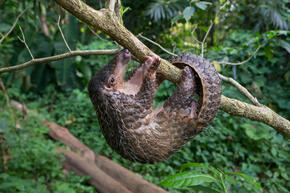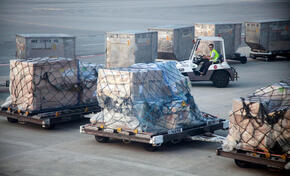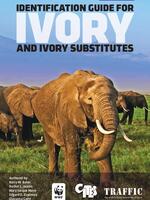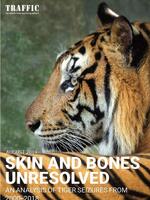Across the globe people rely on the harvest, collection, trade, and consumption of wild animals and plants. Managing the sourcing, trade, and consumption to sustainable levels is a highly complex and often emotive issue. Decisions that shape whether trade is sustainable, legal, fair, and transparent need to be based on sound science, as do actions to remedy challenges or negative elements, including restricting trade for species that are imperiled through overexploitation or trafficking. Determining the ability of wildlife populations to sustain harvest, how the rate of trade and consumption affects that and whether trade meets regulatory or sustainability requirements, needs data, analysis, and recommendations for action.
TRAFFIC is an organization that was established in 1976 by WWF and IUCN as a wildlife trade monitoring network to undertake data collection, analysis, and provision of recommendations to inform decision making on wildlife trade. For over 40 years TRAFFIC performed that function as a leader in wildlife trade research, as a joint program of WWF and IUCN. TRAFFIC became an independent non-profit organization in 2017, with WWF and IUCN sitting on its Board of Directors along with independent Board members. TRAFFIC is renowned globally for its expertise and influence in the wildlife trade and conservation arena, as a provider of objective and reliable information. Its expert staff implement innovative projects and create new tools to deliver the mission of protecting nature and supporting sustainable development, by resolving wildlife trade challenges.
